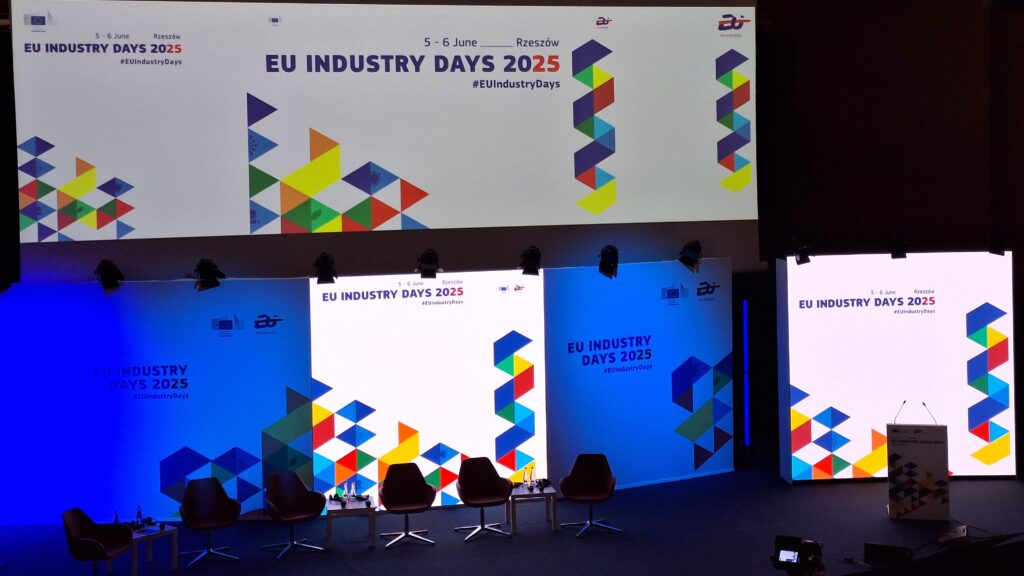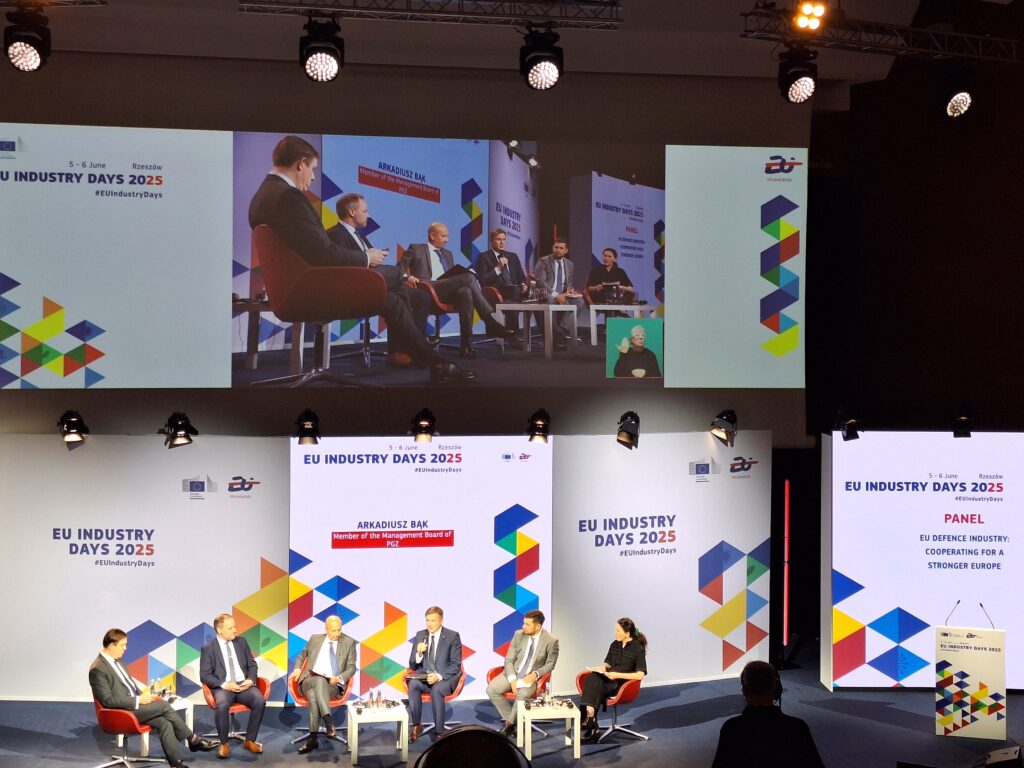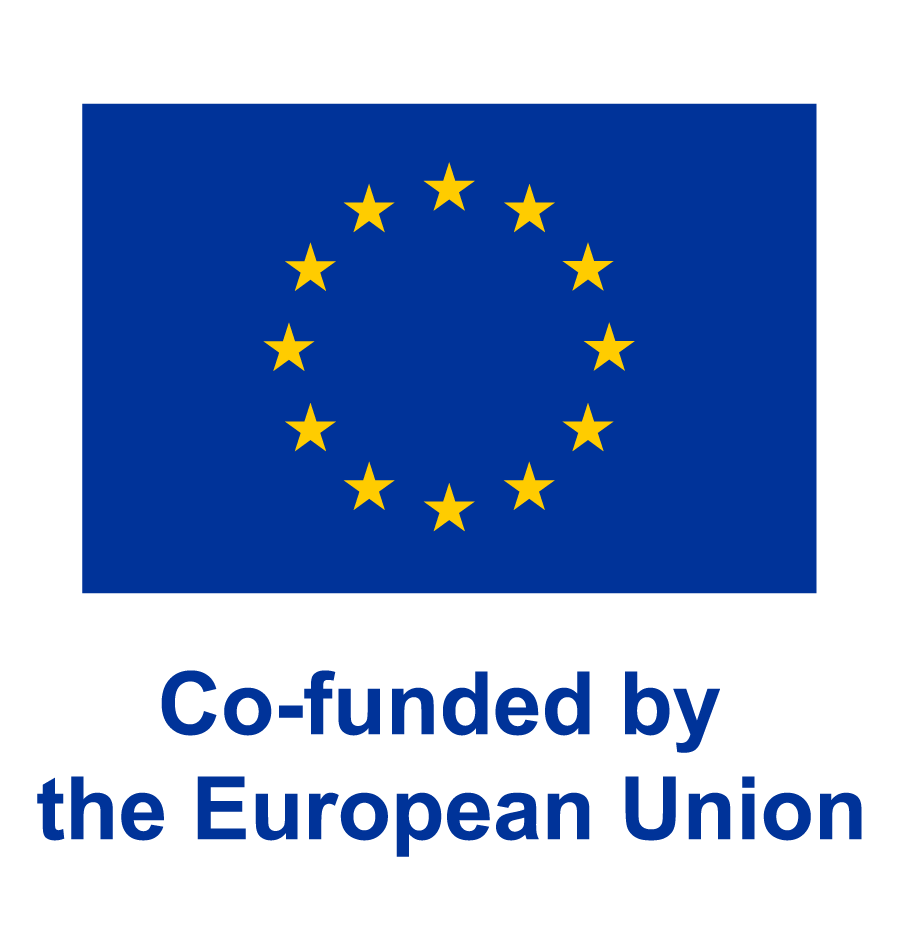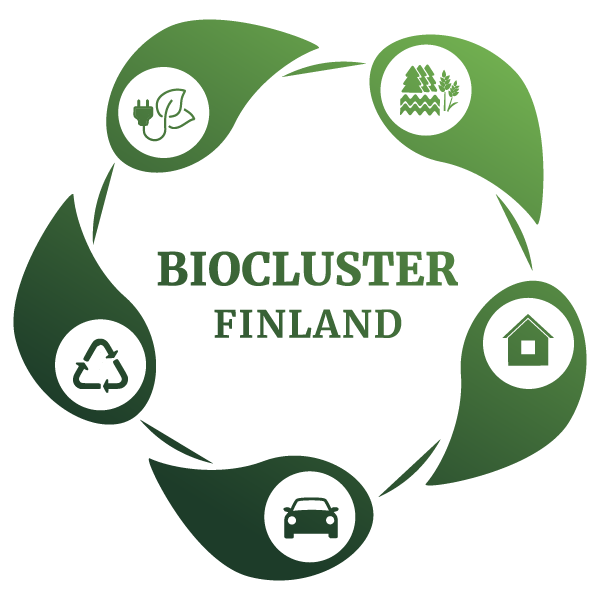EU Industry Days 2025 provided insights for improving Europe’s competitiveness, developing innovation activities and creating a cleaner and safer future
EU Industry Days is an annual European event that highlights key industrial policy themes and strengthens Europe’s industrial capabilities. The event aims to create cooperation across multiple levels and sectors. This year, the event took place June 5–6 in Rzeszów, Poland.

The event featured over 200 speakers and 50 inspiring keynotes from industry leaders and experts. Thousands of participants followed the program on-site and online. The keynotes focused especially on competitiveness of Europe and the importance of the Single Market, green growth, innovative industry, and increasing security and reducing dependencies with EU Industry.
Regulation and costs as a market challenge
The need to create a lead market for clean technologies was strongly highlighted in the discussions. In order to make European market more competitive, attention must be focused on the operating conditions and infrastructure development.
From the perspective of business, particularly the high business costs and EU regulation act as a barrier for locating production in Europe. Reducing bureaucracy, simplifying regulation and cooperation within EU are needed in order to respond in international competition, especially with actors such as China and the United States.
The discussions also highlighted the need to develop the Single Market in relation to European competitiveness, and strengthening resilience and industrial value chains. For example, the tools of the EU trade policy are not necessarily suitable for all industries, although they should be available to everyone.
Green growth and decarbonization require long-term development
Decarbonization, accelerating circular economy, and increasing clean energy are key steps toward a more sustainable economy. The EU supports the achievement of the goals through various measures, such as Clean Industrial Deal. In addition, loans are available for entrepreneurs to develop green growth activities.
The EU must coordinate the national industrial policies and strategies of the member states in relation to green growth. In order to build sustainable and competitive operating environment, long-term guidelines and practices are needed. Additionally, the availability of critical raw materials must be ensured and the market for clean technologies must be secured.
The importance of clusters in creating a Clean Tech value chain was also highlighted in the discussions. With the aim of networking and information exchange to be seamless, cluster operations must be supported and cooperation between different clusters must be encouraged.

Panel discussion on EU Defence Industry: Cooperation for a stronger Europe. The panelists from left to right: Michał Baranowski, Undersecretary of State, Polish Ministry of Economic Development and Technology; Jussi Järvinen, Executive Vice President of Patria Group; Marco Lupo, President, Leonardo Poland; Arkadiusz Bąk, Member of the Management Board of PGZ; Łukasz Malicki, Director of Operations, Czechoslovak Group Poland; Flora Seube, Head of EU Affairs, Eutelsat. Photo: Janina Ahlqvist
Promising innovations need a strong growth platform
In the era of digitalization and artificial intelligence, industry needs new operating mechanisms and investments in innovations. From an investor perspective, strengthening of sustainable business makes Europe particularly interesting investment destination. Furthermore, compared to, for example, the United States, European markets offer investors a more stable and less risky alternative.
To strengthen Europe’s position as a center for innovations, Europe must be attractive to innovations and professionals in the field and enable startups and scale-up companies to succeed. In particular, long contract negotiations and lack of funding have significant impact on the fact that promising innovations may seek a growth platform outside of the EU.
Europe must also invest in innovation professionals. Developing the skills of the workforce, promoting research and cooperating at both national and international levels are key to strengthening industry.
Especially, the development of artificial intelligence requires, in addition to investments, increasing the competence of users, so that companies not only have the skills to use artificial intelligence products but also knowledge of how their use benefits companies in business.
Technologies have an increasingly important role in the defense industry
European security and the defense industry were brought to the forefront as this year’s theme. The war in Ukraine in particular has changed the perception of security and the importance of the defense industry. Compared to NATO requirements, for example, Europe has not invested enough in the defense industry.
Investments, extensive cooperation in all sectors, and a long-term strategia are key to the operational readiness of the Defense Forces. In Ukraine, for example, the economy has grown due to military build-up, but the economy still needs investment and support. Investments help both maintain the operations during the war and accelerate reconstruction after the war.
However, industrial capacity and location alone are not enough to ensure the operational readiness of the Defense Forces. Supply chains must be secured as well.
The war in Ukraine has shown that technology has an increasingly important role in warfare and new innovations are also needed in the defense industry. Technological breakthroughs have already been seen in the war, especially the long-range drones. In addition, new technologies are being tested in real time.
Drones are also an excellent example of how new solutions for the defense industry may also be found in civilian industries. Currently, most attacks in Ukraine are prevented with drones. For example in 2024, more than 2,2 million drones were needed.
EU trade policy and data support value chains
European industry is also challenged by various dependencies on other countries. Europe is particularly dependent on the United States for technology and on China for critical raw materials. In value chains, challenges also include the carbon footprint of materials, transportation emissions, the need for automation, and the industrial circular economy.
Europe should invest in improving the risk tolerance of value chains. This requires both effective trade policies and data collected from value chains. Product design should also be done with a circular economy in mind. In addition, the availability of critical raw materials must be secured, both in terms of European production and security of supply.
In Europe, there’s a good foundation for a strong economy
EU Industry Days 2025 offered many insights for the future. The need for cooperation between different industries was emphasized in the discussions, as was the defense industry. Europe needs innovations and strong markets, and they must be invested in to strengthen the Europe’s position as a center of innovation and production. From the EU’s perspective, the feedbag received at the event from different industries and member states is valuable.
In the future the importance of regional actors and citizens, as well as technology, will be emphasized. When the future is built with investments that take green growth and value chains into account, the goals such as decarbonization can be achieved. Although Europe faces challenges such as regulation and financing, the continent has a good foundation on which to build a strong economy and business.


